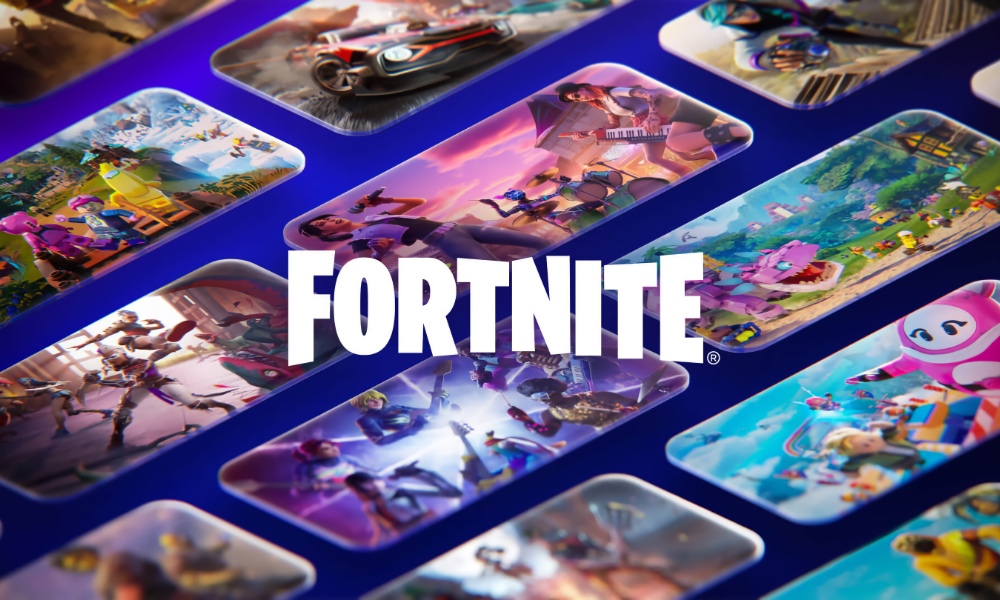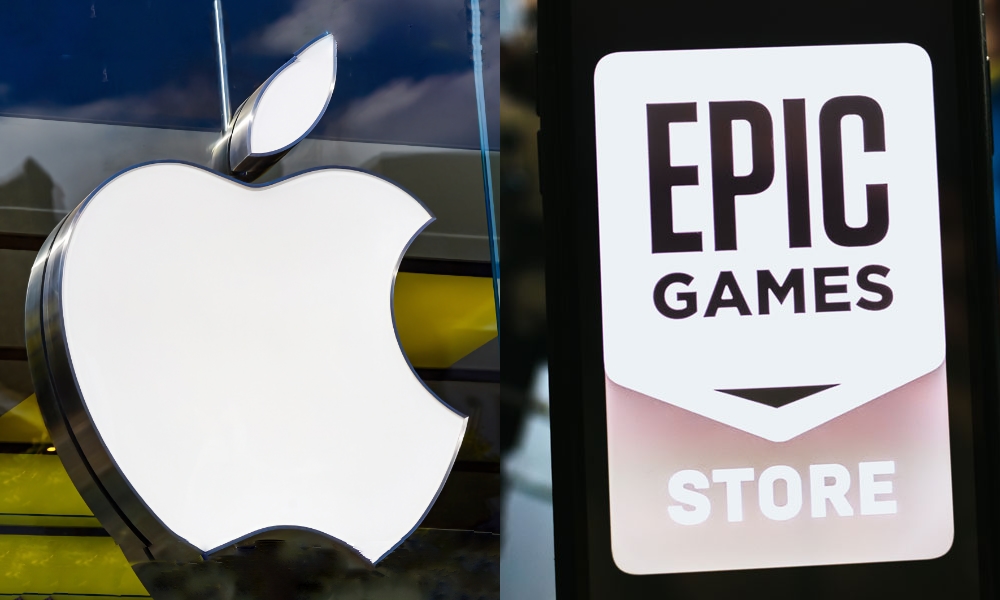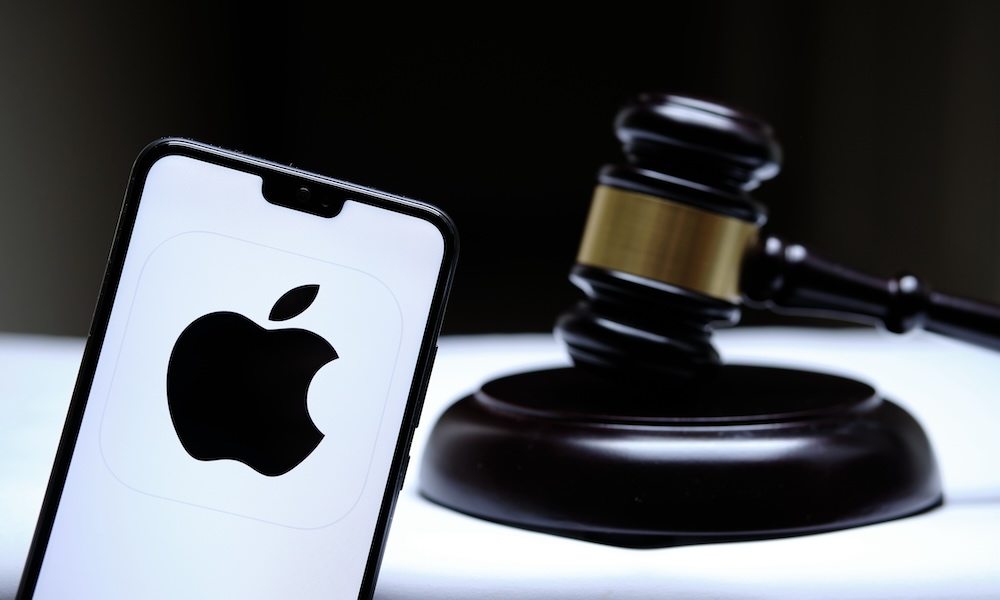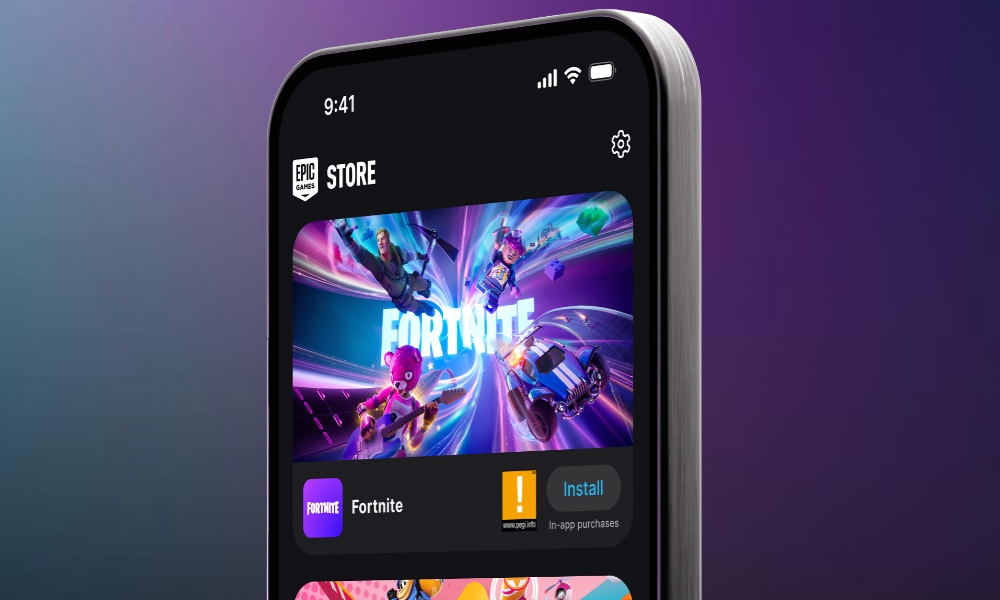External Purchase Links Remain in the US App Store as Court Denies Apple’s Request
 Getty Images / Unsplash+
Getty Images / Unsplash+
Toggle Dark Mode
The face of the App Store changed once again last month, this time for US users. Following a challenge to its lackluster compliance with a 2021 injunction requiring it to allow external purchasing links, a US judge castigated Apple and ordered it to stop “impeding competition.”
Apple naturally appealed that decision. As with most such appeals, the company also filed an emergency motion asking that the lower court judge’s order be placed on hold until the appeals work their way through the higher courts.
“Without a stay, these extraordinary intrusions into Apple’s business will cause grave irreparable harm,” Apple said in its motion. However, the Court of Appeals for the Ninth Circuit has disagreed. In a ruling this week, the court said that after weighing Apple’s likelihood to succeed on the merits of its case, the potential for irreparable injury to Apple or substantial injury to other involved parties, and the public interest, it was “not persuaded that a stay is appropriate,” and denied Apple’s request.
Apple’s appeal will continue, but last month’s injunction forcing it to allow external purchasing links without collecting commissions from them will remain in force unless the appellate court overturns Judge Rogers’ ruling.
How We Got Here
To recap, a 2020 lawsuit by Epic Games against Apple culminated in the App Store being declared something less than a monopoly. A US court ruled in favor of Apple on nine out of the ten counts that Epic Games had brought against it, with the only losing count being the controversial anti-steering rule that prevented developers from telling users of their apps that they could pay or subscribe in ways other than using Apple’s App Store payment system.
This case resulted in a permanent injunction issued against Apple by US District Judge Yvonne Gonzalez Rogers, who had overseen the case from the start. Apple was ordered to allow developers to include “metadata buttons, external links, or other calls to action that direct customers to [alternate] purchasing mechanisms.”
Not satisfied with a 9 out of 10 win, Apple appealed Judge Rogers’, and ultimately won a stay on the injunction pending the outcome of the appeal. Epic also appealed on the other nine counts. Two years later, the Ninth Circuit Court upheld Judge Rogers’ decision, dissenting only on a few minor technicalities that didn’t change the broader outcome of the initial ruling.
However, the stay on the original 2021 injunction remained in place as Apple took its appeal to the Supreme Court. Having better things to do with its time than reviewing a case that two lower courts had already substantially agreed on, the Supreme Court declined to hear Apple’s appeal, and the injunction came into effect on January 16, 2024.
Judge Rogers’ order only required that Apple allow developers to include external purchasing links; it said nothing about commissions — at least not in the injunction. In the 2021 ruling, Judge Rogers said that Apple would still be “entitled to a commission or licensing fee, even if IAP was optional,” but also noted that “evidence suggests Apple’s 30% rate of commission appears inflated, and is potentially anticompetitive.” However, since Epic hadn’t challenged the amount and merely argued that Apple shouldn’t be entitled to any commission, she declined to make an official ruling.
Apple, being Apple, took that ball and ran with it. After the injunction came into force, Apple announced that developers who took advantage of external purchasing links would be charged 27% instead of 30%. To ensure that Apple would get paid, developers were also required to seek the company’s permission to use external purchasing links and implement a complicated auditing and tracking system to report their revenues to Apple.
Epic Games quickly called Apple out on this, filing another case in which it accused the company of “malicious compliance” — doing the bare minimum to comply with the letter of the law rather than the spirit in which the injunction was issued.
The case landed before Judge Rogers again, who might have been inclined to give Apple some leeway had the company not decided to play FAFO with the court.
Instead of playing it straight, Apple engaged in what Judge Rogers called an “obvious cover-up,” presenting evidence “tailor-made for litigation.” It was so severe that she had to order the production of real-time documents and hold a second set of hearings.
By the time the dust settled on those, Judge Rogers was not the slightest bit amused. In an 80-page decision, she excoriated Apple with some of the strongest language you’ll ever read in an official court document. She also stated that Apple’s Vice-President of Finance lied under oath and referred the matter to the United States Attorney for the Northern District of California to investigate whether criminal contempt charges would be appropriate.
Apple willfully chose not to comply with this Court’s Injunction. It did so with the express intent to create new anticompetitive barriers which would, by design and in effect, maintain a valued revenue stream; a revenue stream previously found to be anticompetitive. That it thought this Court would tolerate such insubordination was a gross miscalculation. As always, the cover-up made it worse. For this Court, there is no second bite at the apple.
Judge Yvonne Gonzalez Rogers
Judge Rogers issued a new injunction, amplifying all the terms of the 2021 original while also adding that Apple would be forbidden from collecting any commissions or doing anything that would block developers from adding external purchase links or discourage users from clicking them.
While many hoped Apple would throw in the towel at this point, it wasn’t about to give up without a fight. Apple issued a statement that while it would abide by the court’s order, it also planned to appeal it.
Apple was true to its word on both counts. Developers who had long been restricted by its policies found themselves able to release app updates with commission-free external purchase links, including Amazon and Spotify. Apple even let Fortnite back onto the App Store — albeit somewhat grudgingly.

However, Apple also had its appeal ready to go, arguing that Judge Rogers exceeded her authority, claiming the courts have no right to limit Apple’s business by dictating how it prices its products and services. In short, Apple is arguing that the court is ordering it to give away its App Store services for free.
“We are disappointed with the decision not to stay the district court’s order, and we’ll continue to argue our case during the appeals process,” Apple spokesperson Olivia Dalton told The Verge. “As we’ve said before, we strongly disagree with the district court’s opinion. Our goal is to ensure the App Store remains an incredible opportunity for developers and a safe and trusted experience for our users.”
This is the appeal that the Ninth Circuit court will now decide on. It’s unclear when this case will conclude, but as with most legal wrangling, it could easily run into next year before a final decision is handed down. If the Ninth Circuit upholds Judge Rogers’ injunction, Apple will still be able to appeal to the Supreme Court, but there’s no guarantee the highest court will even agree to hear the case, much less decide in Apple’s favor. For now, this injunction is here to stay.











